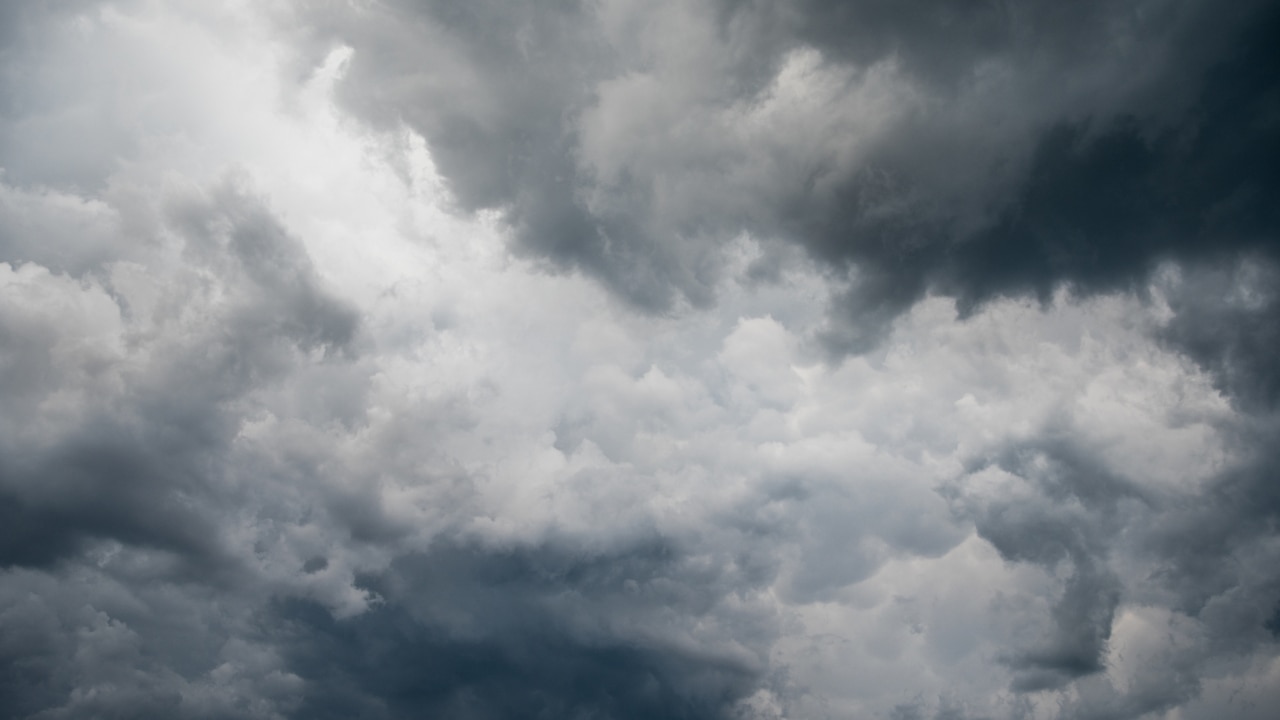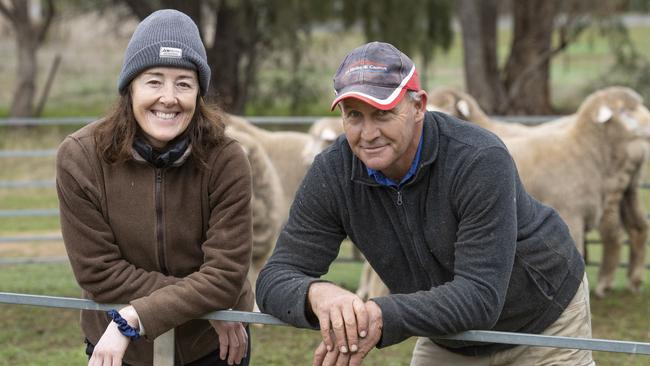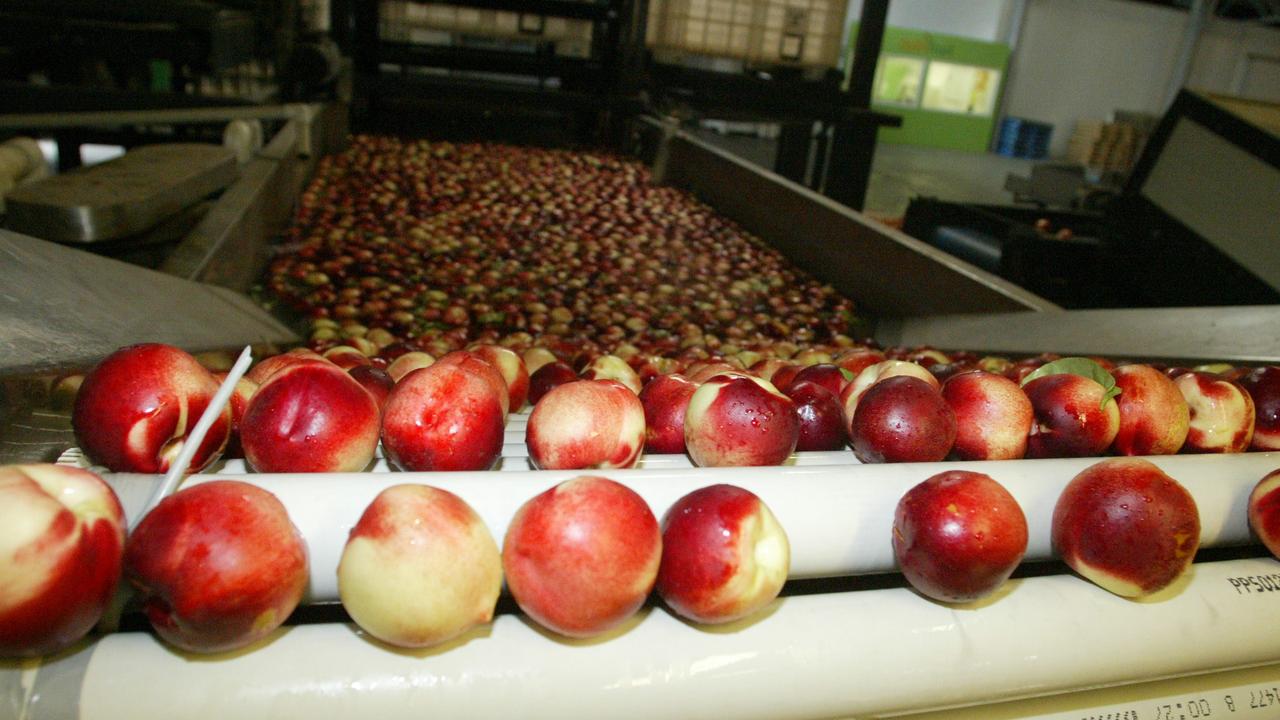How a Victorian Merino farming family battle drought
“Horrendous” dry spells have taught these farmers to make tough decisions early, but have not harmed their faith in the industry.

Dry years can be “seriously hard” Elmore and Kerang farmer Roger Marsh says.
They also provide a chance to learn and refine your business, but as Roger puts it, there is no sugar-coating how tough it can be.
“We went through some big droughts at Kerang in 2018-19 and they can be horrendous,” Roger said.
“Droughts are seriously hard on you; physically but emotionally too.”
Roger and Mel run the Avonmore Poll Merino stud, and after reassessing their sheep numbers after the dry conditions in 2018-19, they have doubled down on their commitment to Merino breeding.
So much so, that the stud paid $50,000 for a Collinsville ram this year, and will make their debut showing at the Australian Sheep and Wool Show in Bendigo later this month.
Roger said he was prepared to shell out the big money for the sire from the famed South Australian stud, despite the sheep sector being in a tougher phase, due to his “100 per cent faith in the industry”.
Roger, a former miner and civil engineer, with wife Mel, who also worked in mining, have built up their 800ha holding after spending 20 years in their former careers.

“Everyone deals with drought in their own way, but it is horrid, and what we learnt on drought-prone country is you run the stock, you don't carry them,” he said.
“So we got rid of half the sheep (from 3000 ewes to 1500) so we don’t have to hand feed them, and are now 50:50 crop and sheep.
“No matter how many sheds or silos are full, you never have enough, and the last thing you want to do is bare out your farm so it takes a long time to came back.”
Roger said this year he offloaded older ewes, taking a low price when the Bureau of Meteorology initially forecast a drought.
“The Bureau say we don’t rely on this information, but we really do,” he said.
Despite a drought not eventuating this year in his region, Roger said he didn’t regret the move, as it provided extra paddock feed in what remains a tough season, and avoided early hand feeding.
“It was an easy decision, you have to make those calls early,” he said.
Looking ahead, Roger was hopeful for higher lamb prices.
“Everyone is a bit knocked around a bit from last year, prices went from high to low pretty quickly and people were questioning, do we keep the sheep,” he said.
“But everything has its ups and downs. The politicians haven’t helped banning the live export trade from WA.
“But I don’t think there will be an over supply of lambs this year, like there was last year so hopefully prices are better.
“I have a lot of faith in the industry and even in droughts sheep are still there and a revenue stream.”





